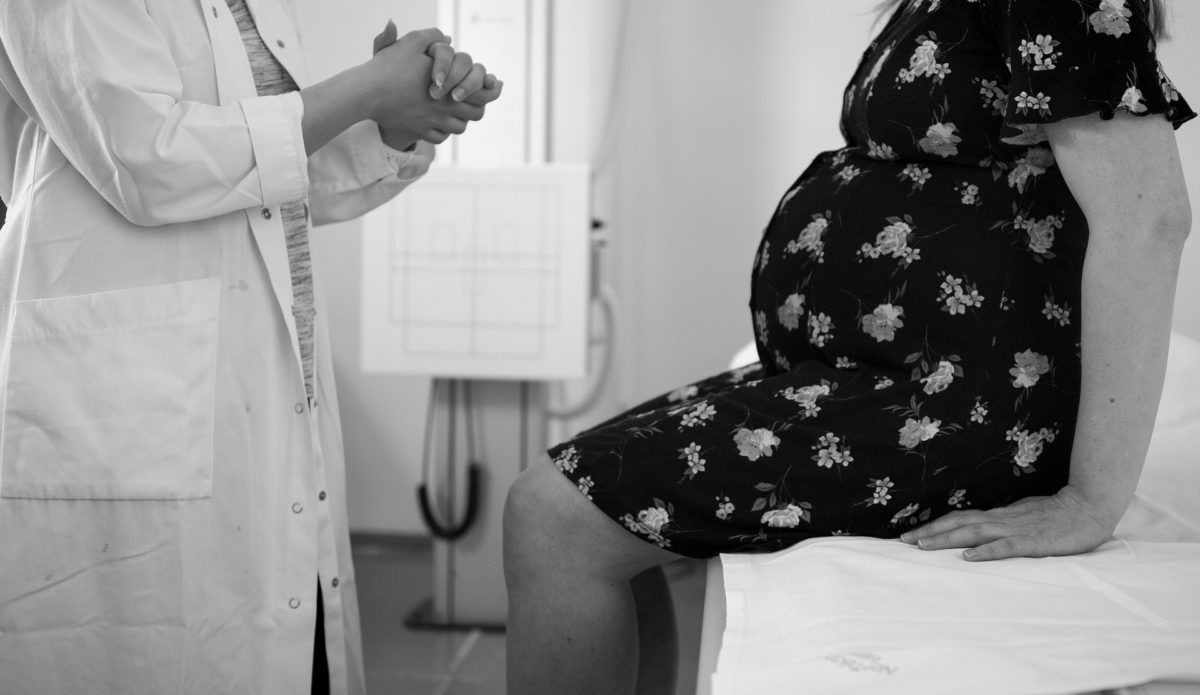Center of Excellence Award Renewal for Allergy, Asthma and Immunology Center
The Allergy, Asthma, and Clinical Immunology Center in Birmingham has been successful in renewing its Center of Excellence status for another four-year term – re-affirming the Center’s international recognition for multidisciplinary scientific and clinical innovation – following a successful bid led by Professor Mamidipudi Thirumala Krishna, representing Birmingham Health Partners.
Renowned for its innovative services to accelerate education and research, the Institute of Immunology and Immunotherapy, and the School of Pharmacy at the University of Birmingham in collaboration with the West Midlands Allergy and Immunology service at University Hospitals Birmingham (UHB) NHS Foundation Trust has once again been designated as a World Allergy Organisation (WAO) Center of Excellence.
There are currently 82 Centers worldwide, and only three other similar Centers of Excellence in the UK.
According to the World Allergy Organisation (WAO), their Centers of Excellence accelerate multidisciplinary science and clinical innovation, training, and advocacy worldwide to deliver world-class education, research, and training to stakeholders in asthma, allergy, and clinical immunology.
Professor Mamidipudi Thirumala Krishna said: “This continued recognition of our Center of Excellence signifies our commitment to delivering world-class clinical services, fostering excellence in education and research, and nurturing collaborative relationships both nationally and internationally and contributing to global health.”
Professor Ben Willcox, Director of the Institute of Immunology and Immunotherapy at the University of Birmingham, commented: “We are proud to see our Center of Excellence renewed, guided by the visionary leadership of Professor Krishna. We have over 50 years of experience in world-leading immunology research, and this Center’s status renewal is testament to that.”
Professor Anthony Cox, Head of the School of Pharmacy and Professor in Clinical Pharmacy and Drug Safety, said: “Great news that the World Allergy Organisation Center of Excellence has been extended. The School of Pharmacy is proud to be working with the center on issues related to allergy and medicines – including inappropriately identified drug allergies which have a considerable impact on patient safety and the rational use of medicines.”
Dr Richard Baretto, Clinical Service Lead for the Department of Allergy and Immunology at UHB, added: “This prestigious award from the World Allergy Organisation is testament to the efforts of all the members of the clinical teams, providing excellent care for our patients with allergic disease. It emboldens us all to strive for continued improvement in our service through regular review, research and innovation.”
Professor Adel Mansur, Lead for Birmingham Regional Severe Asthma Service, commented: “On behalf of the Birmingham Regional Severe Asthma Service I am delighted of the news of extending our status as World Allergy Organisation Center of Excellence, recognising the excellent work done in Birmingham. Over the last three years tremendous work and development have been achieved to further strengthen our Center in areas of research, education and training and to lead on clinical excellence in allergy, asthma and clinical immunology.”
“We have adopted various initiatives to improve our patients outcomes, access and equity of service delivery and provide conducive environment for our trainees to learn and develop skills and further their career. Our national and international contribution to research and education in these fields are also important developments and targets to progress further over the next 4 years which I look forward to with excitement.”
Dr Gareth Walters, NHS consultant in occupational respiratory medicine and interstitial lung diseases in Birmingham, also added: “On behalf of the Birmingham Regional NHS Occupational Lung Disease Service , we are very pleased that our status as a World Allergy Organization Center of Excellence has been renewed for a further 4 years. This is testament to the hard work and dedication of our multi-disciplinary team, who go above and beyond to diagnose and manage a range of occupational lung diseases.”
The Allergy, Asthma and Immunology Center will continue to lead global healthcare innovation and pursue its commitment to excellence in research and education for another term commencing in 2024 to 2028.






